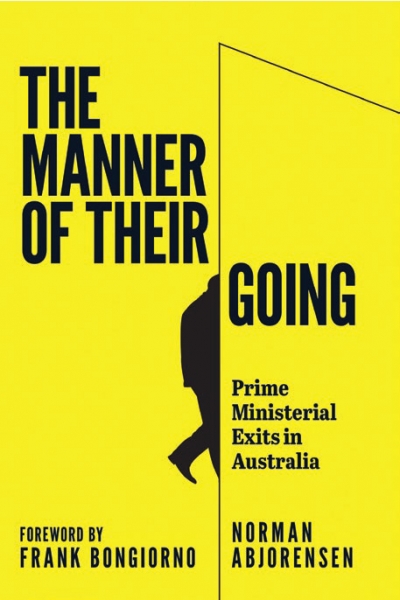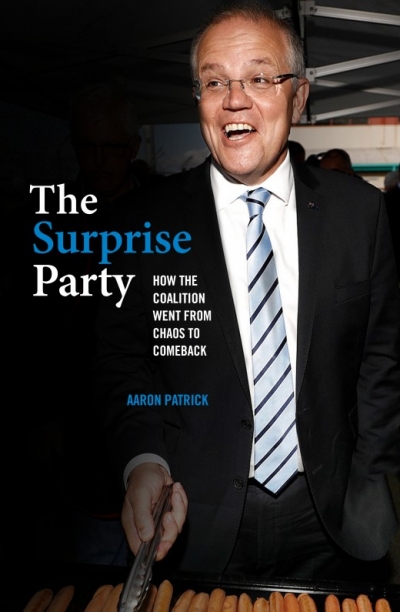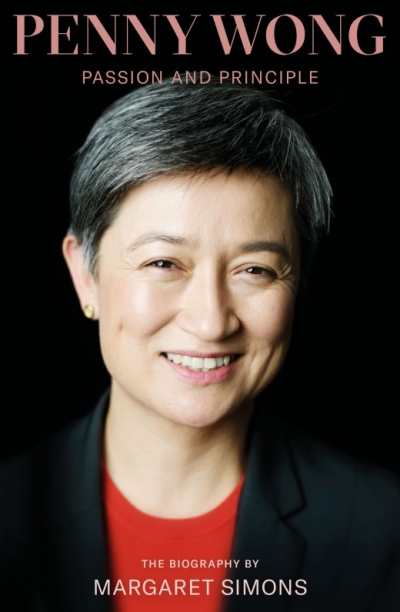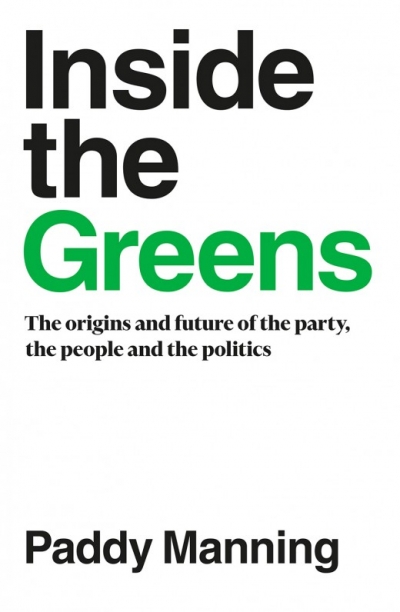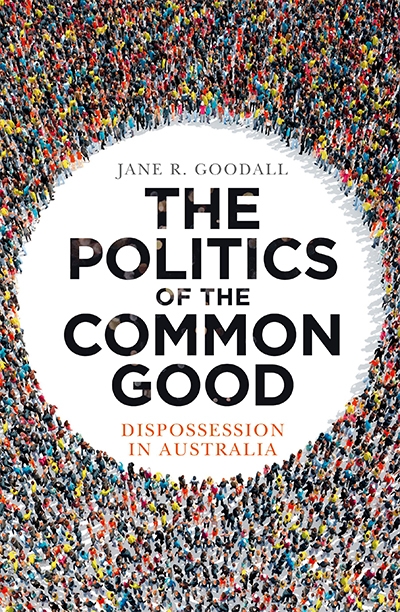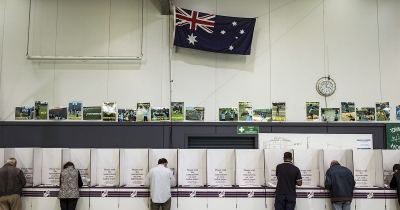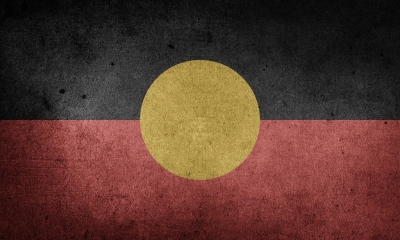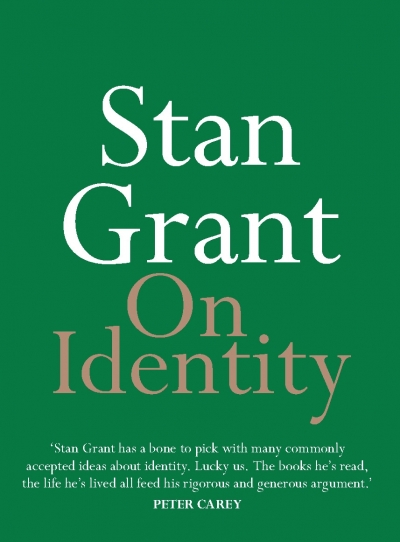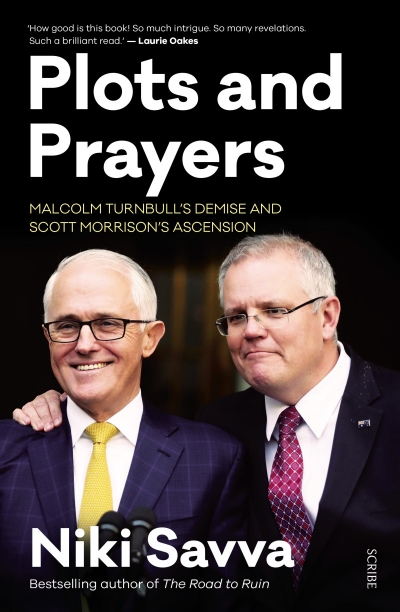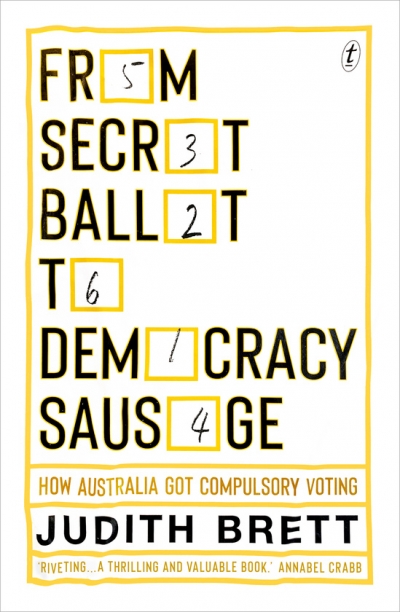Australian Politics
The Manner of Their Going: Prime ministerial exits in Australia by Norman Abjorensen
How many of us would really want to be prime minister? The road to The Lodge is littered with depressing tales of ambitious politicians abandoning their friends, principles, and even their own authentic voice in order to secure the Top Job. Then, once you’ve fulfilled your life’s ambitions, voters and your own supporters are liable to tire of you and seek a new political hero. Nevertheless, prime ministers become accustomed to the power, public attention, and perks of office; they find it difficult to choose the ‘right time’ to leave office.
... (read more)The Surprise Party: How the Coalition went from chaos to comeback by Aaron Patrick
You didn’t have to be Antony Green to know that by seven o’clock on election night things were looking very bad for Bill Shorten. The problem itself wasn’t complicated. While all the available polling suggested that Labor would gain support, the majority of booth results said that Labor was going backwards. Numbers were breaking for Scott Morrison, with the Liberal National Party driving a bulldozer through Queensland, while expected Labor gains in Melbourne remaining stubbornly out of reach. Echoes of Don’s Party were hard to ignore.
... (read more)Every biographer has a relationship with their subject, even if they have passed away. A real advantage for biographers of the dead is that the subject cannot say what they think about the book. The relationship between Margaret Simons and Penny Wong was fraught. That this mattered is evident from the opening sentence: ‘Penny Wong did not want this book to be written.’ Simons, a journalist, biographer, and associate professor at Monash University, uses her preface to complain about how difficult it was researching the book without Wong’s assistance and against her will.
... (read more)Inside the Greens: The origins and future of the party, the people and the politics by Paddy Manning
In 2016 John Kaye was dying. Once leader of the Greens in New South Wales, he had a final message for his party. ‘This isn’t and never has been about changing government … This is about changing what people expect from government.’ In our era, dogged by chronic distrust of parties and government, it might have served as a rallying cry for people to transform politics by demanding more of their representatives. But Kaye was a man of the left, and in the context of an impending election, as the Greens descended into vicious factional brawls over preselection for his seat, his words unleashed a storm of controversy over the direction of the party.
This is just one among many eruptions of internecine warfare over the purpose of the Greens chronicled in Paddy Manning’s comprehensive history. The survival of the party since 1992, despite the elaboration of a program, and despite its professed commitment to consensual democratic processes, has depended on its leaders: the iconic Bob Brown, then Christine Milne, and lately Richard Di Natale.
... (read more)The Politics of the Common Good: Dispossession in Australia by Jane R. Goodall
The commons, the common good, the commonwealth: all words for humans’ shared right to the fruits of the earth to sustain their lives, and all words with deep political histories. In The Politics of the Common Good, Jane R. Goodall excavates some of these deep histories, beginning with the Diggers and Levellers of mid-seventeenth-century England who, in pr ...
‘Things that never were: Contradictions in the 2019 federal election' by Dennis Altman
In retrospect, the Morrison government’s win in May 2019 is not surprising. After the shift to the right in a number of liberal democracies since the election of Donald Trump, why did we assume that Australia would be immune? The assumption that Labor was certain to win resembled the attitude of most commentators towards Hillary Clinton ...
... (read more)Australia remains alone among the settler colonies for its lack of treaties with First Nations. This is despite the fact that Aboriginal and Torres Strait Islander peoples in Australia have been calling for a treaty for decades – since at least the 1970s and then more forcefully during the Treaty ’88 Campaign ...
... (read more)It was a great moment in Australian history when William Cooper walked to the Australian parliament to object to the treatment of Jews in Germany during World War II. At the time, the British and Australian parliaments were ambivalent about the atrocities occurring across Europe ...
... (read more)Plots And Prayers: Malcolm Turnbull’s demise and Scott Morrison’s ascension by Niki Savva
It’s a challenge to navigate the maze of books published after an election as winners and losers pore over the entrails of victory and defeat. It’s even more challenging when that election delivers a result almost nobody expected. Who’s telling the truth? Who’s lying to protect their legacy?
... (read more)From Secret Ballot to Democracy Sausage: How Australia got compulsory voting by Judith Brett
In July 1924, a Tasmanian senator from the conservative Nationalist Party, Herbert Payne, introduced a bill to bring about compulsory voting in Australian national elections. His proposal aroused little discussion. Debate in both the Senate and the House of Representatives – where another forgotten politician ...
... (read more)

